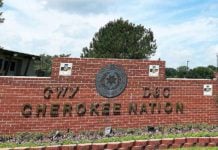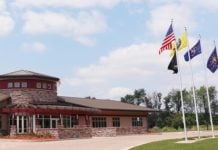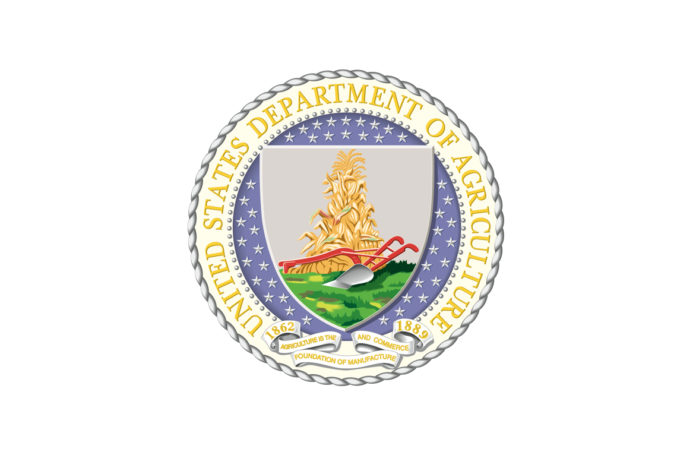RENO, NV – A collaborative team of researchers led by Maureen McCarthy, Ph.D. of Desert Research Institute (DRI) has received a $1.5 million grant from the U.S. Department of Agriculture’s National Institute of Food and Agriculture (USDA-NIFA) to support and strengthen the role of USDA Climate Hubs in Indian Country.
The USDA Climate Hubs work across ten regions of the U.S. to support agricultural producers and professionals by providing science-based, region-specific information about climate change and climate adaptation strategies. The new DRI-led project, titled “Native Climate: Strengthening the role of Climate Hubs in Indian Country,” will support the Climate Hubs by expanding the reach of their services and outreach to Tribal Extension agents, agricultural producers, and youth educators in the Southwest and Northern Plains regions.
“From heatwaves to extreme winds, droughts, wildfires, and floods, the climate crisis poses huge adaptation challenges to Native American communities in the Intermountain West – and there are huge inequities across the U.S. in providing climate services and resources to tribes,” said McCarthy, Native Climate Program Director from DRI. “Many of these communities are incredibly resilient and forward-thinking in terms of finding ways to adapt to this rapidly warming world, and their knowledge of the landscape pre-dates modern science. This project is an amazing opportunity to build connections and sustainable, trusted relationships that support information sharing between tribal communities, Climate Hubs, Tribal Extension partners, researchers, and educators.”
Native Climate will address long-standing issues related to climate injustice in Indian Country through culturally-appropriate information sharing and by increasing the representation of Native American tribal members in climate-related research and outreach positions. The project team includes researchers, Tribal Extension educators, and Climate Hub leaders from DRI, the University of Nevada, Reno Extension, University of Arizona, University of Montana, and the Southwest and Northern Plains Climate Hubs.
The project supports the hiring of several Native Climate Fellows, who will work directly with the Southwest and Northern Plains Climate Hubs in coordinating climate data needs, extending outreach to agricultural producers, and sharing youth climate education materials. One Native Climate Data Fellow will be stationed in the Montana Climate Office (MCO) at University of Montana. A second Native Climate Agricultural Producer Fellow will work through UNR-Extension, and a third Native Climate Youth Education Fellow will be hired by DRI.
DRI’s Native Climate Youth Education Fellow will work with mentor Meghan Collins, M.S., to continue growing an existing Teaching Native Waters Community of Practice, which fosters communication between educators, FRTEP agents, and scientists. This Fellow will also work with the Climate Hubs and other NIFA project teams to adapt climate education resources to be place-based and culturally relevant.
“Educators, scientists, decision-makers, and leaders all have important knowledge to bring to the table,” said Collins, Assistant Research Scientist at DRI. “This community of practice creates spaces for us to listen, respond, and innovate. Together, we are seeking solutions that engage youth in closing the gap in climate justice.”













































